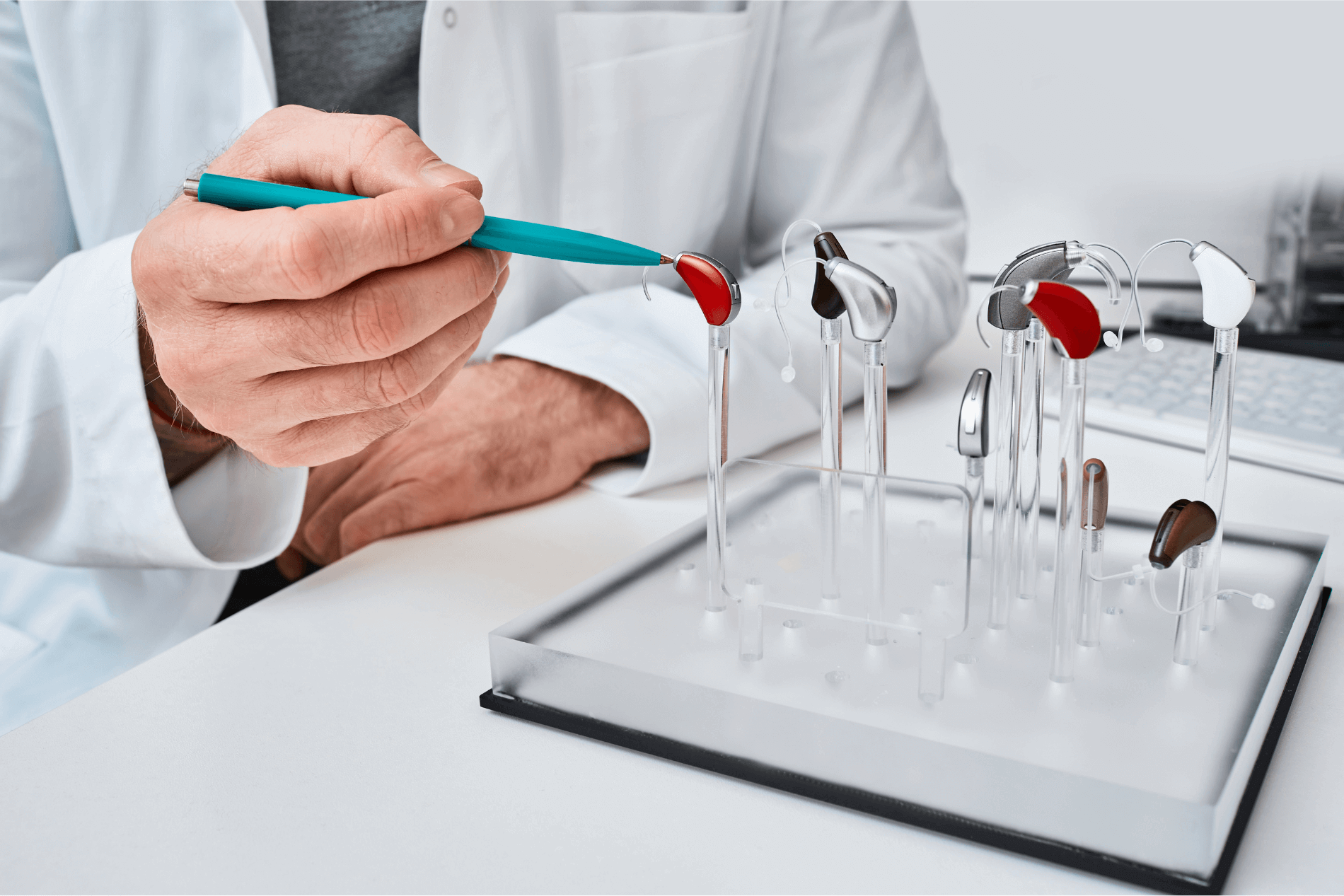
Have you been suffering from random spells of fullness of the ear and random dizziness? If this happens to you unexpectedly and often, perhaps Ménière disease could be a possible cause. What exactly is Ménière disease and what can you do about it?
What is Ménière Disease?
The symptoms of Ménière disease were characterized and named for French physician Prosper Ménière, who first connected the symptoms to the inner ear, in 1861. Ménière disease can affect your balance, hearing and more. Episodes brought on by Ménière disease often start unexpectedly, though often start with extreme tinnitus (a ringing in the ears, with no external source). An episode will come on quickly with a full feeling in the ears and fluctuations in hearing loss. This can often cause you to feel a loss of balance, making people feel nausea, in extreme cases, leading to vomiting.
Causes Ménière’s Disease
While the cause of Ménière disease is not completely certain doctors speculate that it could be caused by genetics and environmental factors. Ménière disease is a disorder that occurs in the inner ear, though some doctors believe that the condition can be brought on by fluctuation of fluids in the inner ear, affecting the function of the body’s position and movement awareness. When an episode occurs, it is often connected to stress, sleeplessness, anxiety, exhaustions, dietary factors and emotional upset.
Symptoms
Ménière disease rarely affects people until their later years in their 40’s or 50’s. Episodes usually begin in one ear before moving to the other, often lasting 20 minutes or up to a day. Events can happen close to one another, or be stretched out over weeks, months or years. One of the most alarming parts about this disease is that it can come with little warning, suddenly making it hard to stand up right and navigate out of precarious situations. This is particularly true of the disease at the beginning, but as it develops, tinnitus, vertigo and fullness of the ears can become more common in-between episodes. As the disease matures it can often develop into permanent hearing loss.
Treatments
Treatment of this disease can be challenging, as it is still unclear about the cause. However research has found that abnormal results of a caloric stimulation test of eye reflexes can reveal signs of Meniere’s disease. While there are several other causes of vertigo, other methods to identify and single out this disorder include electrocochleography or a MRI scan. While there is no cure for Ménière disease doctors have found success in reducing attacks by certain medications and dietary changes.
Medications for Meniere’s disease
- Diuretics: Diuretics are sometimes prescribed long term to help reduce the events of Meniere’s disease. Diuretics aid in removing salt from your body and water. The sodium or salt helps to remove water from your blood and reduces the amount of fluid in your veins and arteries. Diuretics also lessen the amount of fluid in your ears, which aids in the overproduction that often accompanies Meniere’s disease.
- Change in Diet: A low salt diet can act like diuretics cutting back the amount of salt in your ear, lessening swelling. This can be accomplished by keeping track of your salt intake, reading food labels and avoiding eating out, when you can’t monitor your salt intake.
- Anti Nausea Medication: Sometimes your physician will treat Meniere’s disease by trying to reduce the accompanying nausea. Meclizine and Dramamine are prescribed, which can also reduce vertigo.
Anti Anxiety Medication: When other medications fail sometimes Valium and other anti anxiety medications can help to lessen the effects of vertigo.
Surgery
Rarely, when the effects of Meniere’s disease are persistent and seem to be medication resistant, surgery may be a viable option. Surgeries for Meniere’s disease include procedures for draining the ear such as Endolymphatic sac shunt surgery or a Cochleosacculotomy. Another option is vestibular nerve sectioning performed by a neurosurgeon. This procedure aims to remove the nerve that signals to the brain about balance, which in turn stops vertigo.
Seeking Help
If the symptoms of Meniere’s disease sound like something you have been living with, then it is time to visit us. We can help you discover exactly what you are dealing with and help you gather the resources to put a stop to your Meniere’s disease once and for all.

What Is Sudden Hearing Loss and What Does it Mean?
Matthew Favinger, M.S., F-AAA

Having a Good Time at Weddings With Hearing Loss
Matthew Favinger, M.S., F-AAA

